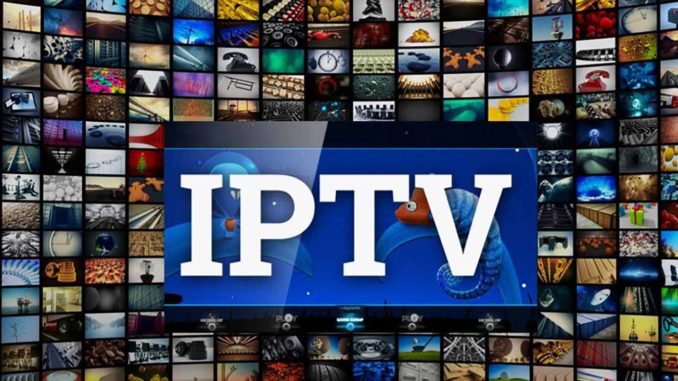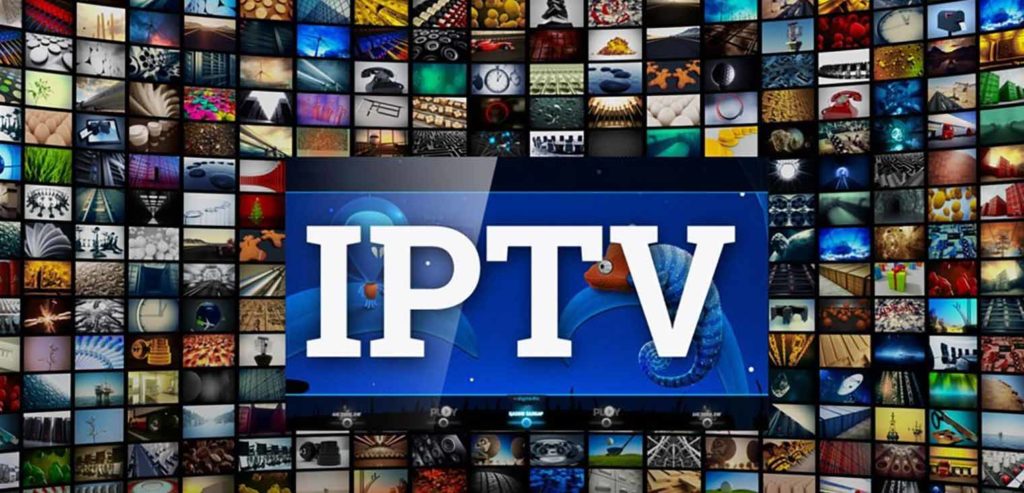
Internet Protocol Television (IPTV) is a technology that allows the delivery of television content and video streams over the internet. It provides an alternative method of watching TV compared to traditional broadcasting systems like cable or satellite TV. Instead of receiving TV signals through traditional formats, IPTV utilizes internet protocols to transmit multimedia content to viewers’ devices.

What is Internet Protocol Television?
With IPTV, users can access a wide range of television channels, on-demand videos, and interactive content using an internet connection. This technology enables viewers to watch their favorite shows, movies, sports events, and other media content on various devices, including smart TVs, computers, smartphones, tablets, and IPTV set-top boxes.
The key components of IPTV include:
- Content Providers: IPTV services are offered by content providers who negotiate deals with TV networks, movie studios, and other media companies to obtain the rights to distribute their content through IPTV platforms.
- IPTV Middleware: This is the software or application that manages the delivery of content to the viewers’ devices. It controls the user interface, content navigation, and interactive features of the IPTV service.
- Content Delivery Network (CDN): The CDN is a network of servers that store and distribute the multimedia content to users efficiently. CDNs are essential for delivering high-quality video streams with minimal buffering and latency.
- User Equipment: To access IPTV services, users need compatible devices such as smart TVs, computers, smartphones, or IPTV set-top boxes. These devices connect to the internet to receive the IPTV streams.
IPTV offers several advantages over traditional TV services:
- Flexibility: Users can watch IPTV content on various devices, allowing for viewing on the go and from different locations.
- On-Demand Content: IPTV services often provide video-on-demand libraries, allowing users to watch movies, TV shows, and other content whenever they want.
- Interactive Features: IPTV can offer interactive features like video recording, pause, rewind, and catch-up TV, enhancing the user experience.
- Personalization: Some IPTV services allow users to customize their content preferences, creating personalized playlists and recommendations.
It’s essential to note that the legality of certain IPTV services may vary depending on regional regulations, and not all IPTV services may be authorized to distribute certain content. As a responsible consumer, it’s important to choose legitimate and authorized IPTV providers to ensure a safe and legal viewing experience.
Do I need a VPN for IPTV in USA?
Whether you need a VPN (Virtual Private Network) for IPTV in the USA depends on your specific circumstances and how you plan to use IPTV services. Here are some factors to consider:
- Legal Streaming: If you are using legitimate IPTV services that have obtained proper licenses and rights to distribute content in the USA, you generally do not need a VPN. Legal streaming services comply with copyright laws and provide a safe and secure way to access content.
- Geo-Restrictions: Some IPTV services may have geo-restrictions, meaning certain content may only be available in specific regions or countries. In such cases, a VPN can be used to bypass these restrictions and access content from other regions.
- Privacy and Security: Using a VPN can add an extra layer of privacy and security to your internet connection. It encrypts your online traffic, making it more difficult for third parties, including your internet service provider (ISP), to monitor your activities.
- Avoiding Throttling: In some cases, ISPs may throttle or slow down internet connections when heavy data usage is detected. By using a VPN, your internet traffic is encrypted, and your ISP may not be able to differentiate between regular data usage and IPTV streaming, potentially avoiding throttling.
- Pirated or Unlicensed Content: If you are accessing IPTV services that offer pirated or unlicensed content, it’s important to note that these services are illegal and violate copyright laws. Using a VPN to access such content does not make it legal, and it’s essential to respect copyright laws and support content creators by using authorized services.
In summary, if you are using legitimate IPTV services with proper licenses and rights to distribute content in the USA, a VPN is not necessary. However, if you want to bypass geo-restrictions, enhance privacy and security, or avoid potential throttling from your ISP, a VPN might be a useful tool. It’s crucial to remember that using a VPN does not make illegal activities legal, and it’s always best to use authorized and legitimate IPTV services.
